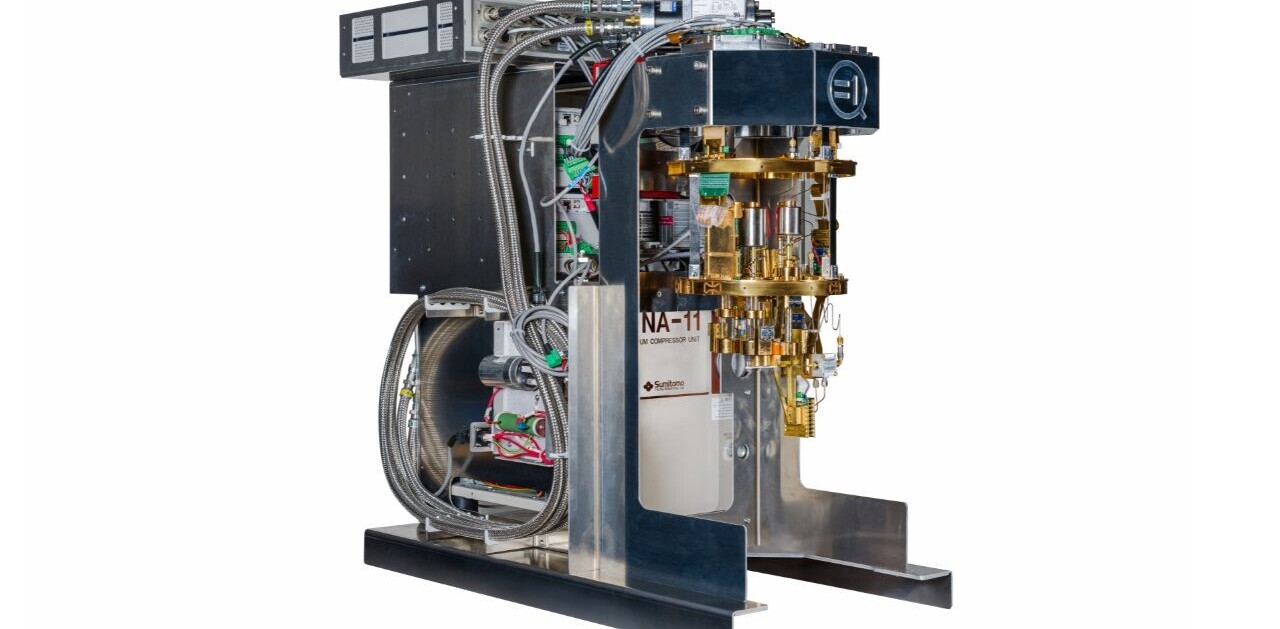Researchers behind an AI app that detects coronavirus in your voice have asked for volunteers to help by uploading audio of them coughing, breathing, and talking. Scientists from Cambridge University will use the data to develop machine learning algorithms that analyze a voice for symptoms of COVID-19.
The COVID-19 Sounds App joins a growing list of tools using voice analysis to diagnose the coronavirus. The method remains unproven, but the team believes the sounds made by COVD-19 patients are so specific that they can reveal who has the disease.
“Having spoken to doctors, one of the most common things they have noticed about patients with the virus is the way they catch their breath when they’re speaking, as well as a dry cough, and the intervals of their breathing patterns,” said Cambridge University Professor Cecilia Mascolo, who led the development of the app.
“There are very few large datasets of respiratory sounds, so to make better algorithms that could be used for early detection, we need as many samples from as many participants as we can get.”
However, they will need a huge amount of data to prove their theory is correct.
Gaining trust and data
The AI needs to hear a lot of voices to understand the subtle variations in sound that suggest someone is infected.
To build this vast dataset, the Cambridge team has turned to another popular technique in coronavirus detection tech — crowdsourcing. The method has already proven successful in tools such as the Covid Symptom Tracker, which lets Brits report their daily health status in seconds. The developers say the app was downloaded more than 1.5 million times within days of its release.
The Cambridge team has made its app similarly easy to use.
[Read: Claims that AI detects coronavirus in X-rays aren’t convincing medical experts]
Volunteers first fill in a questionnaire about their demographic and medical history data. They then upload voice samples of them coughing, breathing, and speaking a single sentence through their phone’s microphone. Finally, they add their approximate location and click submit. The entire process takes about a minute.

The team also has to grapple with growing alarm about coronavirus monitoring tech. To address these concerns, the researchers say the app won’t track you, will only use non-identifiable data, and only collect information when you actively interact with it. The data will be stored on university servers and only used for research purposes.
If you wanna give it a go, the COVID-19 Sounds App is already available on Chrome and Firefox browsers, with versions for Android and iOS on their way.
The app won’t be a replacement for hospital or antibody test, but it could be a useful diagnostic tool for anyone who can’t access this equipment — unless they’re among the patients who never get a cough.
Get the TNW newsletter
Get the most important tech news in your inbox each week.





